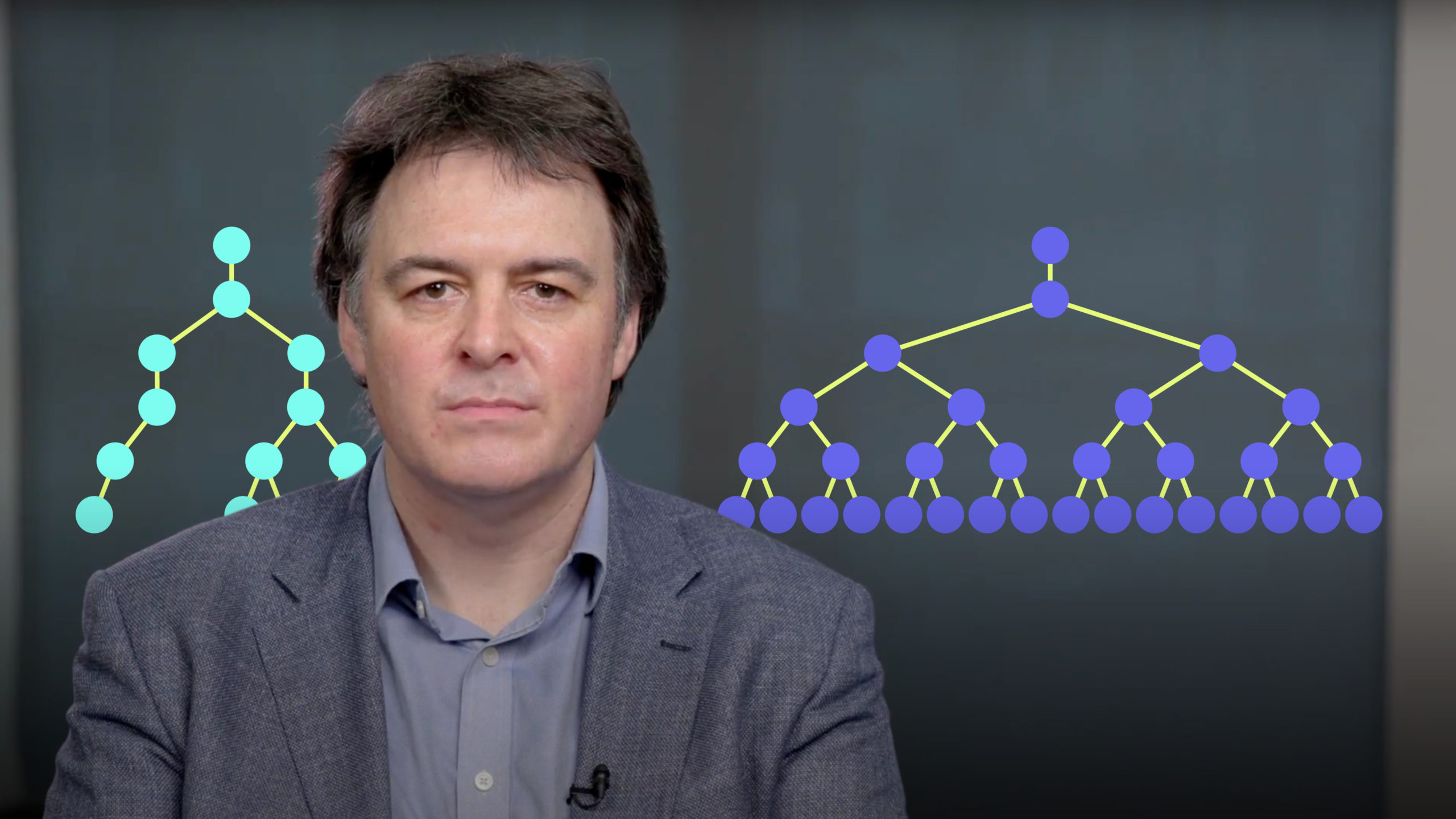
A Cognitive Analysis of COVID-19 I

Christian Hunt
25 years: Behavioural science & compliance
As an extra to Christian's Behavioural Science series, in this video Christian examines the world's largest behavioural science experiment, also known as, COVID-19. He discusses how it has highlighted weaknesses in our mental models, and why we didn't see it coming.
As an extra to Christian's Behavioural Science series, in this video Christian examines the world's largest behavioural science experiment, also known as, COVID-19. He discusses how it has highlighted weaknesses in our mental models, and why we didn't see it coming.

A Cognitive Analysis of COVID-19 I
7 mins
Key learning objectives:
Learn the differences between, ’Known Knowns’, ‘Known Unknowns’,’Unknown Unknowns’ and ‘Ignored Unknowns’ when it comes to the risks we face
Discover the techniques we use to minimise our fears of the dangers we face.
Understand why COVID-19 was entirely predictable and yet feels unprecedented.
Overview:
COVID-19 has caused significant disruption to our lives and ways of working. Yet in many respects, it was entirely predictable. This session explores the inherent contradiction in this way of thinking and how each of us categorises different types of risk.
Why was COVID-19 predictable?
COVID-19 was not the first pandemic we’ve ever experienced. After all, we'd previously had Ebola, SARS and MERS. And if we go back to 1918, we've got the Spanish Flu which killed between 50 and 100 million people and had global reach. Arguably the greatest human disaster; not only of the twentieth century but possibly in all of recorded history.
Why does COVID-19 feel so unprecedented?
Our perception as to whether something feels precedented, is down to our personal experience. People living in countries that experienced SARS and MERS, were much better prepared than those that hadn’t. For many Western countries, the last experience of something similar was over 100 years ago; it barely features in history books and is beyond average living memory.
What are ‘Known Knowns’?
Former US Defense Secretary Donald Rumsfeld coined three terms for the types of risk we face. ‘Known Knowns’ are the first category and are risks we know about and, by definition, we know that we know about them.
What are ‘Known Unknowns’?
‘Known Unknowns’ are the things that we are aware exist as potential risks, but over which we don’t have full visibility or understanding.
What are ‘Unknown Unknowns’?
‘Unknown Unknowns’ are things we don’t know about and don’t know that we don’t know. These pose a considerable risk, because not only do we have no visibility over them, but we don’t think to have any, because we don’t know that we need to.
What are ‘Ignored Knowns’?
In addition to Rumsfeld’s three risk categories, there may also be a fourth. ‘Ignored Knowns’ are things we know about, but choose to ignore. COVID-19 arguably fits into this category.

Christian Hunt
There are no available Videos from "Christian Hunt"

